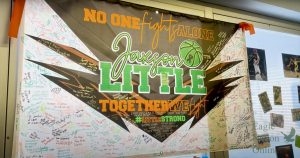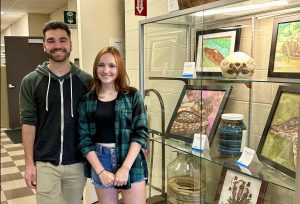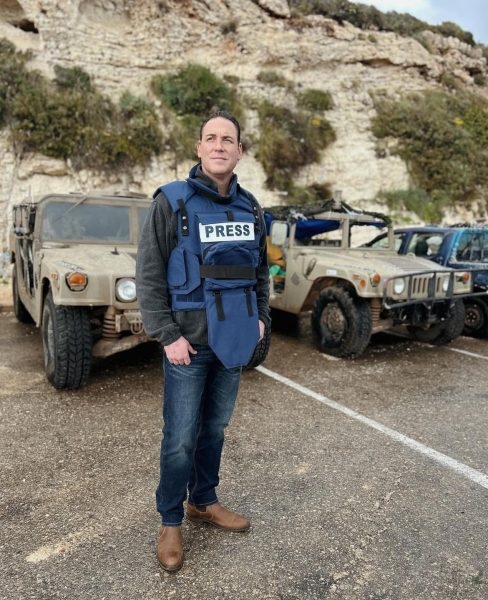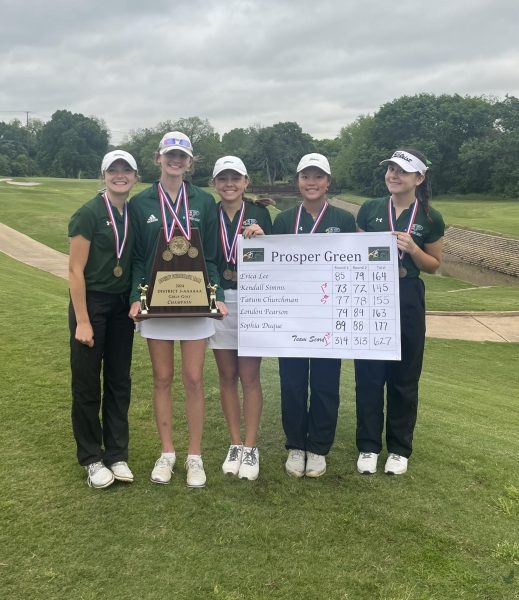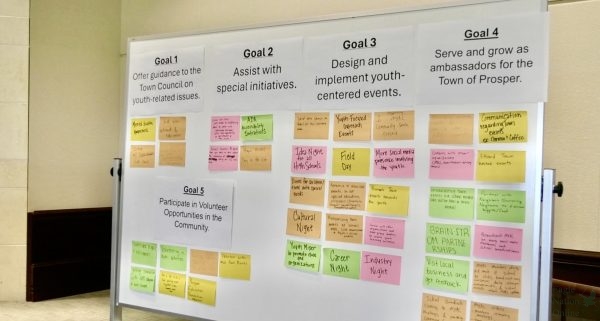Fort Worth police charges officer in alleged murder, University of Texas professor receives Nobel Prize

Catherine Jackson and Renee Watters
Publishing every Friday, “The Top 2” recaps the two most notable and important stories from the week (Saturday-Thursday). Assistant Editor Ryan Stanley covers topics ranging from issues in the U.S. to problems worldwide. For more information on stories, refer to the embedded links within the article.
October 19, 2019
1. Former Fort Worth police officer Aaron Dean, who shot and killed 28-year old Atatiana Jefferson in her home, was charged with murder Monday. Jefferson and her nephew were playing video games during the early morning hours of Saturday when her neighbor called a non-emergency police number after noticing opened doors at the residence. Body camera footage showed Dean did not identify himself as an officer before firing his weapon. However, Jefferson drew a gun, which she had a license to carry, once she heard noises from outside.
Why this matters
The shooting comes just weeks after ex-Dallas police officer Amber Guyger was convicted of murder for killing Botham Jean in his home. Fort Worth police officers have shot and killed six people since June. Activists are calling for change and justice in an area where they claim a culture of police brutality prevails.
2. The Nobel Prize in chemistry was awarded to John B. Goodenough – a professor at the University of Texas – for his invention of the lithium-ion battery. In 1979, Goodenough helped develop the lithium-ion battery, which is a type of rechargeable battery used to power portable electronics, such as laptops and phones.
Why this matters
Lithium-ion batteries charge more than just phones. They will help power the Mars 2020 rover and currently power electric cars such as the Tesla Roadster. The Nobel Assembly said lithium-ion batteries “laid the foundation of a wireless, fossil-fuel-free society” and will continue to benefit technology users.






